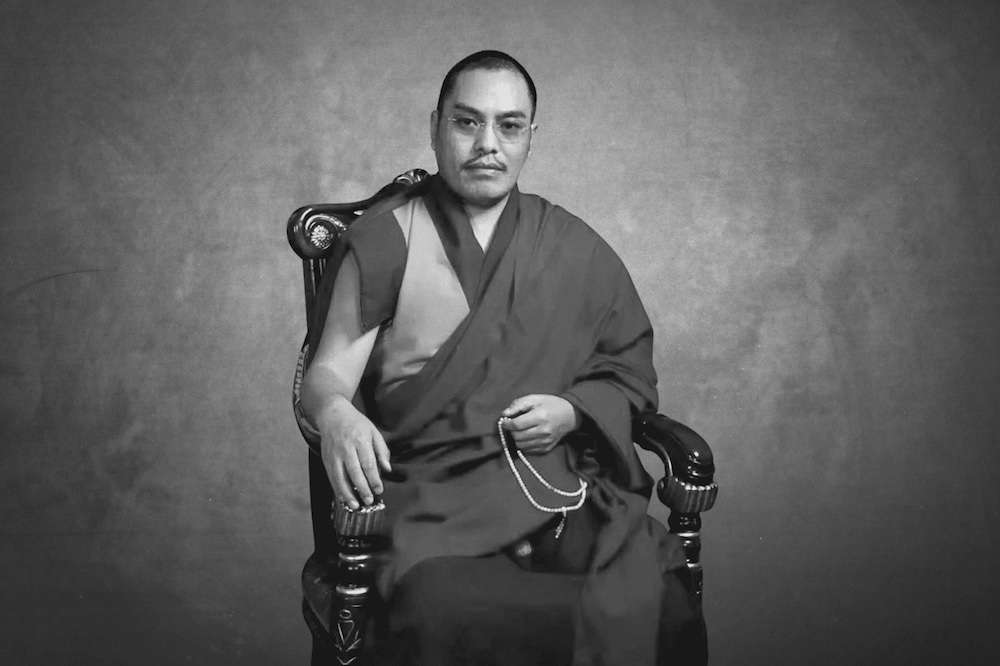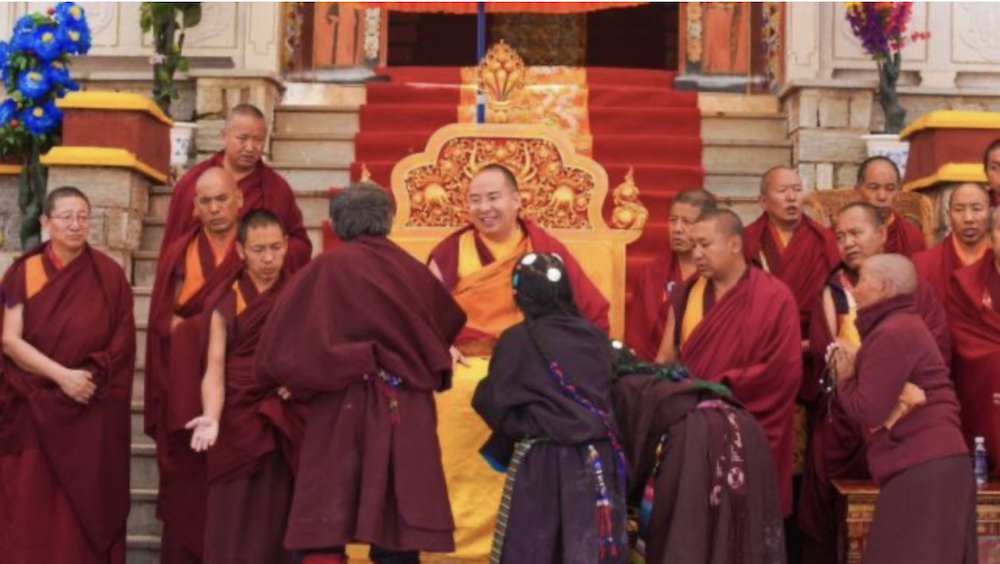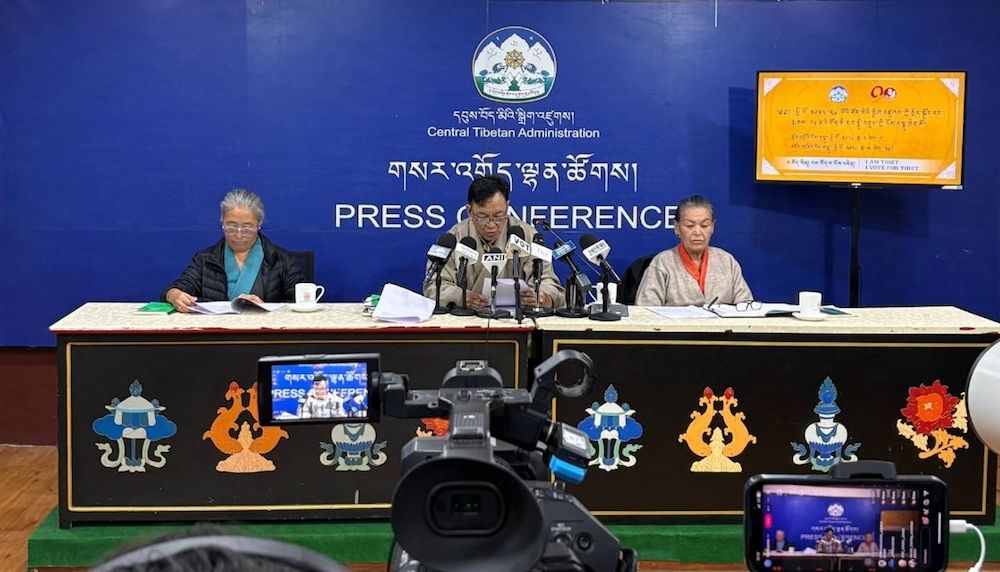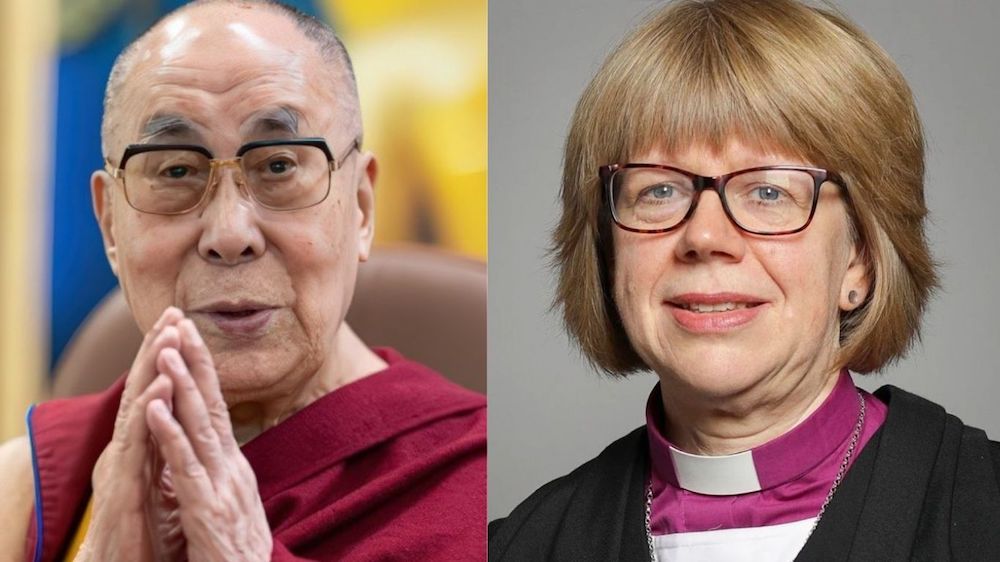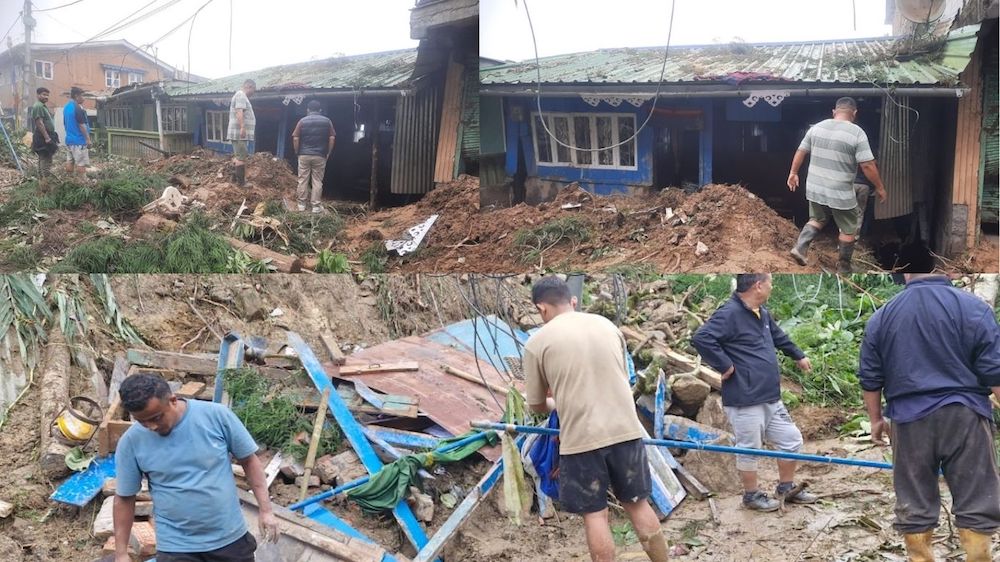Tsering Dhundup
DHARAMSHALA, Oct. 8: United Nations human rights experts have pressed the governments of Vietnam and China to account for the detention, disappearance, and disputed death in custody of Tibetan spiritual leader Tulku Hungkar Dorje Rinpoche, who died earlier this year under suspicious circumstances in Ho Chi Minh City.
In two joint communications, AL VNM 4/2025 to Vietnam and AL CHN 15/2025 to China, both issued on August 8, 2025, the UN Working Group on Arbitrary Detention, the Working Group on Enforced or Involuntary Disappearances, the Special Rapporteur on extrajudicial, summary or arbitrary executions, and the Special Rapporteur on minority issues expressed “grave concern” over his treatment. They warned that both governments may have violated international human rights obligations.
Tulku Hungkar Dorje, born in 1969, was abbot of the Lung Ngon Thubten Choekor Ling Monastery in Gade County, Golok, Amdo Province, Tibet. Revered for his humanitarian work, he established schools, clinics, and welfare projects for Tibetan nomadic communities and was widely respected for his religious teachings.
Tulku Hungkar Dorje was first detained in Qinghai in August 2024 after resisting pressure from the Chinese authorities to organise state-backed religious ceremonies. Following his release, he fled to Vietnam. On March 25, 2025, Vietnamese police, reportedly accompanied by Chinese officials, detained him in Ho Chi Minh City. For four days, his whereabouts remained unknown until authorities informed associates that he had died on March 29 of a “heart attack” — despite no history of heart disease.
His body was cremated on April 20 under the supervision of Vietnamese and Chinese officials, reportedly without his family’s consent. Chinese officials later produced a death certificate citing a heart attack, though it was not shared with his monastery. Associates claimed restrictions were later imposed on his monastery, and dissemination of his teachings was discouraged.
The UN experts highlighted inconsistencies surrounding his detention and death, stressing that “loss of life in custody creates a presumption of arbitrary deprivation of life by state authorities.” They called on both governments to provide details of his arrest, the legal basis for his detention, the role of Chinese officials in his arrest in Vietnam, and the exact circumstances of his death. They also requested clarification on the legality of his cremation without family approval, as well as an investigation into restrictions on his monastery.
The experts reminded both China and Vietnam of their obligations under the Minnesota Protocol (2016), which requires deaths in custody to be investigated promptly, independently, and transparently. They also emphasised that international law cannot justify enforced disappearance and extrajudicial killing under any circumstances.
Both governments were given 60 days to respond to the allegations. That period has now passed, but it remains unclear whether either Beijing or Hanoi has provided a reply. The case has drawn global attention and outcry from rights group and Exile Tibetan government not only for its human rights implications but also for the cross-border role of Chinese authorities in Vietnam, raising wider concerns about state cooperation in the persecution of Tibetan religious figures.


